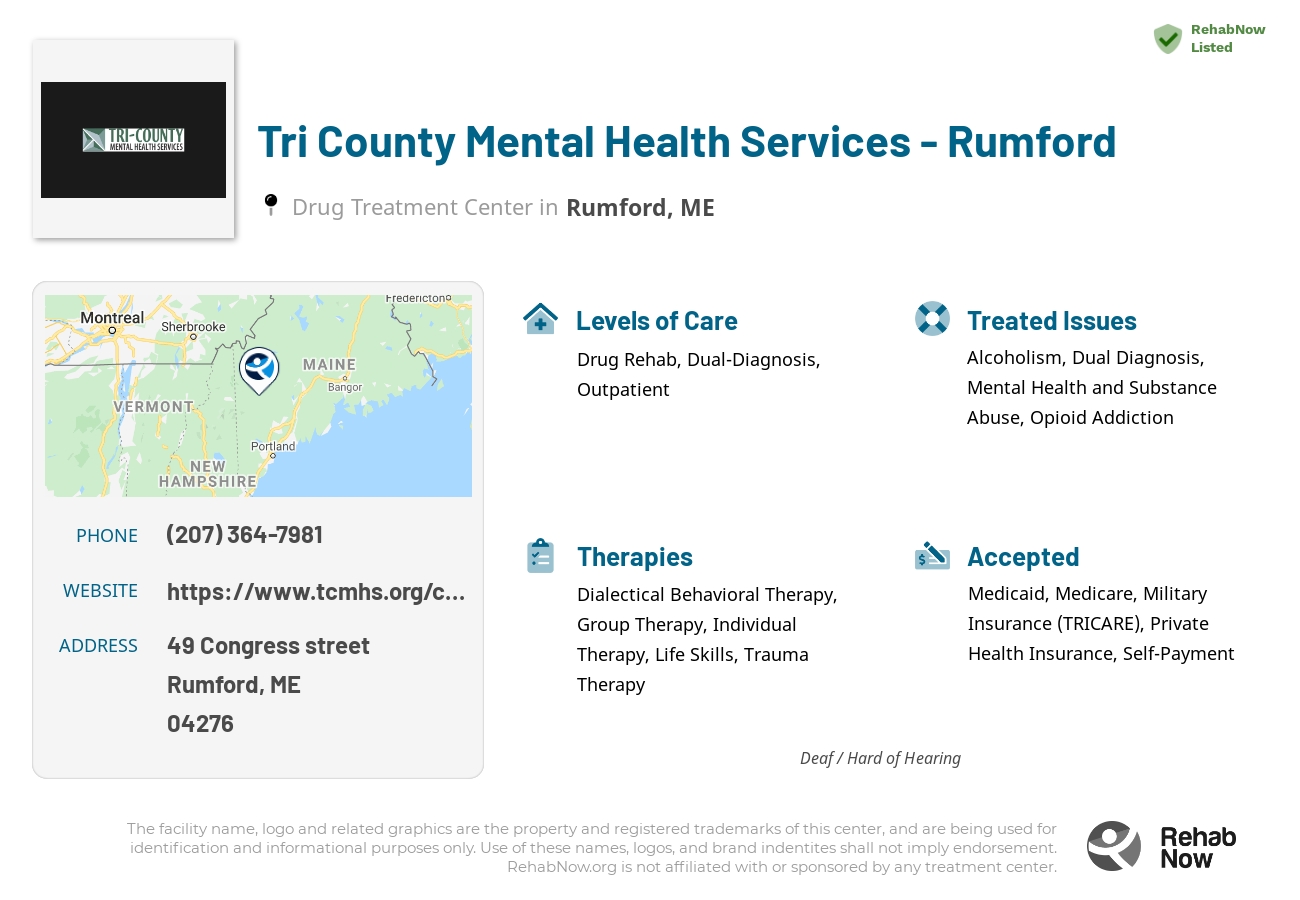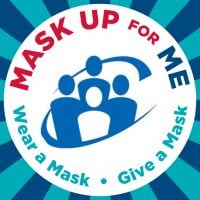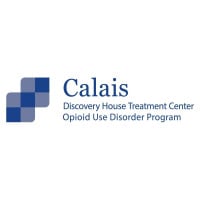Tri County Mental Health Services - Rumford
Drug Rehab Center in Rumford, Maine
Tri County Mental Health Services - Rumford in Rumford, Maine is a licensed and accredited facility providing mental health, substance abuse, and addiction services for all ages, using evidence-based practices and innovative treatments.
About Tri County Mental Health Services - Rumford in Maine
Tri County Mental Health Services - Rumford in Rumford, Maine is a facility providing mental and behavioral health services for all ages in the local community. The facility is certified in the state of Maine, offering various services focusing on mental health, substance abuse, and addiction. They offer services such as counseling, medication management, and educational services. In addition to traditional mental health services, they specialize in providing services tailored to the unique needs of their clients.
Tri County Mental Health Services - Rumford offers a wide variety of services for those struggling with addiction and substance abuse. These services include individual and group therapy, medication management, and relapse prevention techniques. They also provide family therapy as well as education and support for family members. Through the use of evidence-based practices, such as Motivational Interviewing, Cognitive Behavioral Therapy, and 12-Step Facilitation, they strive to help their clients develop the skills to manage their thoughts and behaviors related to addiction in an effective manner.
Tri County Mental Health Services - Rumford is fully accredited by The Joint Commission, the nation’s leading health care accreditation agency, and licensed by the State of Maine. They have also earned a national recognition for delivering excellence in addiction treatment through the Excellence in Practice Award from the National Association of Addiction Treatment Providers. By combining traditional mental health services with innovative treatments, they strive to provide the highest quality of care to their clients.
Genders
Ages
Modality
Additional
Conditions and Issues Treated
Treatment for opioid addiction is best made with the help of medical professionals who are experienced in dealing with these types of drugs. This treatment can involve medications, exercise, behavioral therapy, and counseling sessions. It is important to note that the effectiveness of treatments for opioid addiction vary, so it is vital to research which treatment options are suitable for each individual.
Many people who struggle with opioid addiction need to attend specific programs like methadone , Suboxone or Vivitrol clinics.
These types of programs will provide the patient with legal, prescription medications that can help them overcome their cravings for illegal opioids like heroin or fentanyl . If the patient has a chronic condition like Hepatitis C, they must undergo treatment before they can begin taking these medications.
Individuals who are addicted to drugs and/or alcohol often have one or more co-occurring mental health disorders. Addressing both the addiction and the mental health problems at facilities like Tri County Mental Health Services - Rumford can be very beneficial for these individuals.
Common mental health conditions that often co-occur with addiction include:
- Anxiety Disorders – People with drug and alcohol problems often suffer from anxiety disorders such as panic disorder, obsessive-compulsive disorder, social anxiety disorder, and generalized anxiety disorder.
- Depression – One of the most common mental illnesses co-occurring with addiction is major depressive disorder.
- Attention-deficit hyperactivity disorder (ADHD) – Many people with drug and alcohol problems also suffer from ADHD.
- Bipolar Disorder – People with bipolar disorder are more likely to suffer from drug and alcohol problems than the general population, and vice versa.
Levels of Care Offered
This center offers a variety of custom treatment tailored to individual recovery. Currently available are Drug Rehab, Dual-Diagnosis, Outpatient, with additional therapies available as listed below.
Outpatient treatment can be considered the lowest intensity level of addiction treatment in Rumford, ME. It is ideal for early phase addiction or lower intensity addictions. Tri County Mental Health Services - Rumford peer group support, 12-step programs, and individual counseling are likely to be involved.
Therapies & Programs
Individual therapy is ideal for addicts who want to focus on themselves. It can also be helpful for those whose withdrawal symptoms are exacerbated by the presence of other people.
Benefits of individual therapy are:
- Access to a personalized treatment plan that focuses on the individual needs of the addict
- More privacy during treatment sessions
- Better personal development through introspection
- Increased self-awareness regarding addictive tendencies in order to avoid relapse
- Greater potential for a long-term recovery plan
- Receiving professional advice and detox assistance from medical staff
This is when a group of people in various stages of recovery meet up and discuss their experiences, triggers, successes, failures, and even alternative therapies! Unlike support groups where everyone already knows each other, group therapy is conducted along side outpatient or inpatient treatment at Tri County Mental Health Services - Rumford.
Trauma therapy is a clinical process that helps individuals deal with mental stress often caused by traumatic events. The therapist helps the person identify, understand and work through the problem. This is done with the help of talking about it in group or one-on-one counseling sessions.
Therapists use relaxation, role-playing, art, and music to help the person open up about what is bothering them. Some examples include:
- Talking about the traumatic event and how it affected them.
- Helping those who have PTSD to deal with their nightmares and recurring memories.
- Working with individuals to resolve the issues triggering the stress, whether seeing someone who reminds them of what happened or feeling helpless.
The individual is also encouraged to help others that are struggling with similar problems. This often helps them feel empowered and gives them hope.
Trauma therapy is not for everyone; it is usually reserved for people who have recently experienced a traumatic event and struggle to get over it. It is generally done for children, teenage victims of sexual assault, and war veterans.
Dialectical Behavior Therapy (DBT) is used by drug treatment centers across the United States to help drug addicts become sober. DBT is a type of Cognitive Behavioral Therapy (CBT) that combines traditional behavioral treatments with elements from DBT, including dialectics, distress tolerance, and interlocking issues. Some of the negative behaviors associated with addiction, such as impulsivity and mood swings, are addressed in DBT, while others like craving and isolation are not. It is commonly used to treat Borderline Personality Disorder (BPD) along with substance abuse disorders.
The four DBT modules are mindfulness, interpersonal effectiveness, emotion regulation, and distress tolerance:
- Mindfulness helps recovering addicts learn to identify and experience their emotions while realizing that they are not permanent.
- Interpersonal Effectiveness includes assertiveness, asking for what you need, and saying no while improving communication skills.
- Distress Tolerance has recovering addicts learn how to tolerate distress at the moment and avoid resorting to substance abuse.
- Emotion Regulation is used to identify, express and change emotions.
CBT is a psychotherapy approach and method. [ws-nap-name] people to examine how their thoughts, including habitual harmful and inaccurate thinking, affect their actions. CBT is based on the idea that rigid, inflexible thinking leads to poor stress management, which leads to emotional distress.
Similarly, CBT helps people identify and change negative behaviors. It makes you question your perceptions and ask if they are realistic. CBT asks people to examine their behaviors and emotional responses and how they affect their lives. CBT aims to change people’s thinking and behavior to lead a more balanced and healthy life.
Moreover, CBT has been shown to reduce anxiety disorders, depression, and symptoms associated with harmful thoughts or actions.
Those struggling with addiction can benefit from learning certain life skills. It is not as simple as quitting drinking or taking drugs and thinking that the hard part is over. Being sober means living a whole new way of life. Many recovering addicts have found that they need to develop talents like time management, organization, communication skills, socialization skills, and self-esteem to make their life in sobriety work, Tri County Mental Health Services - Rumford is here to help with that.
Payment Options Accepted
For specific insurance or payment methods please contact us.
Is your insurance accepted?
Ask an expert, call (888) 674-0062
Tri County Mental Health Services Associated Centers
Discover treatment facilities under the same provider.
- Tri County Mental Health Services - Oxford in Oxford, ME
- Tri County Mental Health Services - Bridgton in Bridgton, ME
- Tri County Mental Health Services - Farmington in Farmington, ME
- Tri County Mental Health Services - Lewiston in Lewiston, ME
Learn More About Tri County Mental Health Services Centers
Additional Details
Specifics, location, and helpful extra information.
Rumford, Maine 4276 Phone Number(207) 364-7981 Meta DetailsUpdated November 25, 2023
Staff Verified
Tri County Mental Health Services - Rumford Patient Reviews
There are no reviews yet. Be the first one to write one.
Rumford, Maine Addiction Information
Prescription opioid abuse is the most common form of substance abuse in Maine. More than 10% of these residents have also admitted to using prescription drugs for non-medical purposes. Between 2013 and 2014, 4 out of every 5 deaths in Maine were caused by illicit drugs. One in five high school students in Maine uses marijuana every single month.
Treatment in Nearby Cities
- Harrington, ME (134.8 mi.)
- Charleston, ME (82.8 mi.)
- Augusta, ME (41.2 mi.)
- York, ME (95.8 mi.)
- Fairfield, ME (46.8 mi.)
Centers near Tri County Mental Health Services - Rumford
The facility name, logo and brand are the property and registered trademarks of Tri County Mental Health Services - Rumford, and are being used for identification and informational purposes only. Use of these names, logos and brands shall not imply endorsement. RehabNow.org is not affiliated with or sponsored by Tri County Mental Health Services - Rumford.








